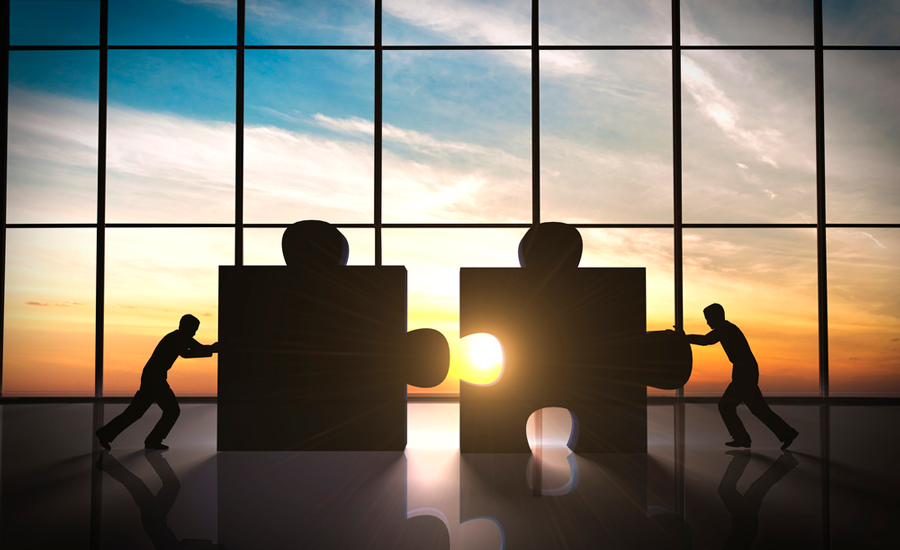“We now accept the fact that learning is a lifelong process of keeping abreast of change. And the most pressing task is to teach people how to learn.”
Peter Drucker
Lifelong learning
The “liquid times” which the Polish sociologist Zygmunt Bauman talked about have given way to the «VUCA» environment, the acronym standing for Volatile, Uncertain, Complex and Ambiguous. Such environments are marked by not knowing what the future holds in store for us and with the sole certainty that in all likelihood it will be different from what is expected.
The speed at which knowledge is created and destroyed continues to grow exponentially and constant innovation has ceased to be a popular phrase to become an indispensible requirement for survival for both organizations and people.
To face this new reality we are experiencing, adaptive learning enables us to adjust to it in a dynamic, flexible and above all fast way through a constant process of learning, unlearning and relearning.
Learning is working
In contrast with the relatively comfortable learning style typical of manual work—one which is mostly based on observation, imitation and repetition—learning in knowledge-based work requires more on our side.
Learning in knowledge-based work is work. Learning is the outcome of willpower which is expressed through an attitude fused into an active and ongoing process. Beyond memorizing information or adding specific new skills through practice and repetition, knowledge-based work is a constant learning process based on experience.
Knowledge-based work involves learning principally by doing. It is an iterative learning process using models and prototypes. This is a new and challenging learning method that requires mostly thinking. That is why thinking is the essence itself of knowledge work.
Traditionally much has been learnt from the past. The past can still teach us a lot. But now, the answers for the future are increasingly less found in the past. Increasingly relevant knowledge is mostly tacit, drawn from experiences in the present, since much of it is no longer in the books. Learning in this new kind of work is about extracting knowledge from actual experience, here and now.
Learning sensibly
Hypermedia has made vast quantities of information accessible in real time and often at no cost. The volume of things we can learn about escapes our ability to do so. Even if we were to dedicate our entire lives to learning, we would only cover a tiny fraction of what is possible.
In such circumstances, it is essential to be clear about what to learn and what not. Learning something always carries an associated opportunity cost, as you could be devoting attention to learning something different, and potentially more useful and valuable.
That is why before learning something, it is vital to know what you want to learn and most of all why you want to learn it. Only this way will you be able to move from “learning for learning’s sake” to “learning sensibly”.
Conclusion
Learning is no longer what it was. Passive, uniform and reactive learning typical of the industrial period must evolve towards new forms of learning more suited to the needs of knowledge-based work.
The effectiveness of the knowledge worker depends heavily on their ability to keep their knowledge up to date, something which is closely linked to their ability to learn. Without learning, a knowledge worker can hardly be effective. Paradoxically, the growing demands of this new kind of work make it increasingly difficult to devote the required attention to learning.
Lifelong learning, learning as work in itself, or the need for learning sensibly—together with the growing difficulty to give learning the attention it needs—make learning to learn, one of the greatest challenges of knowledge-based work.





